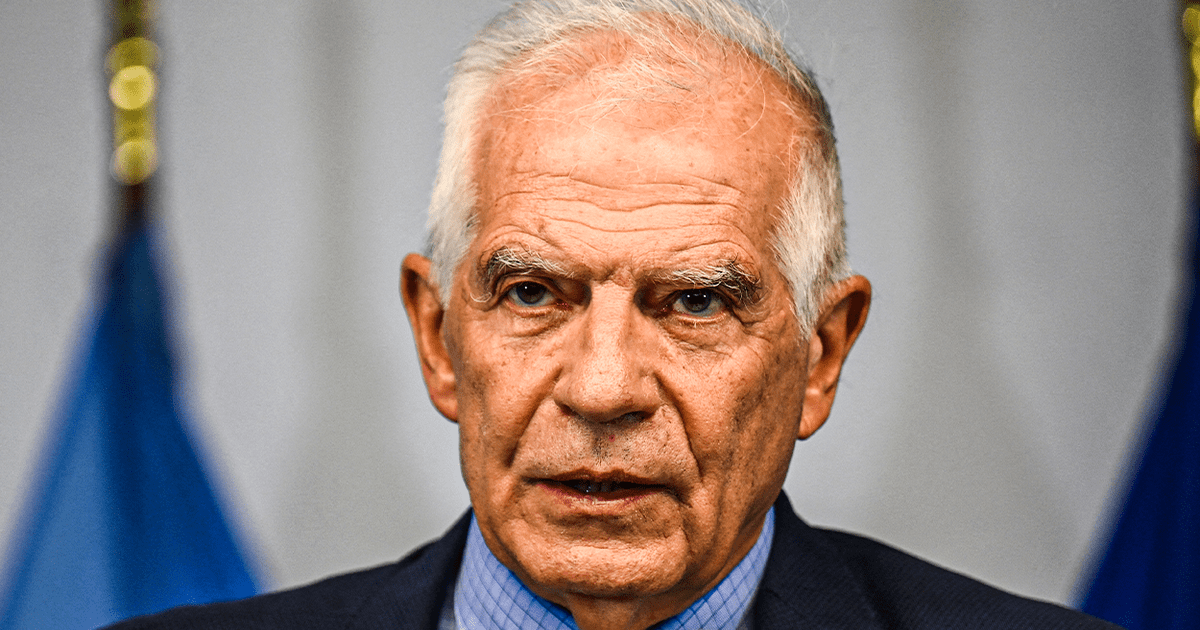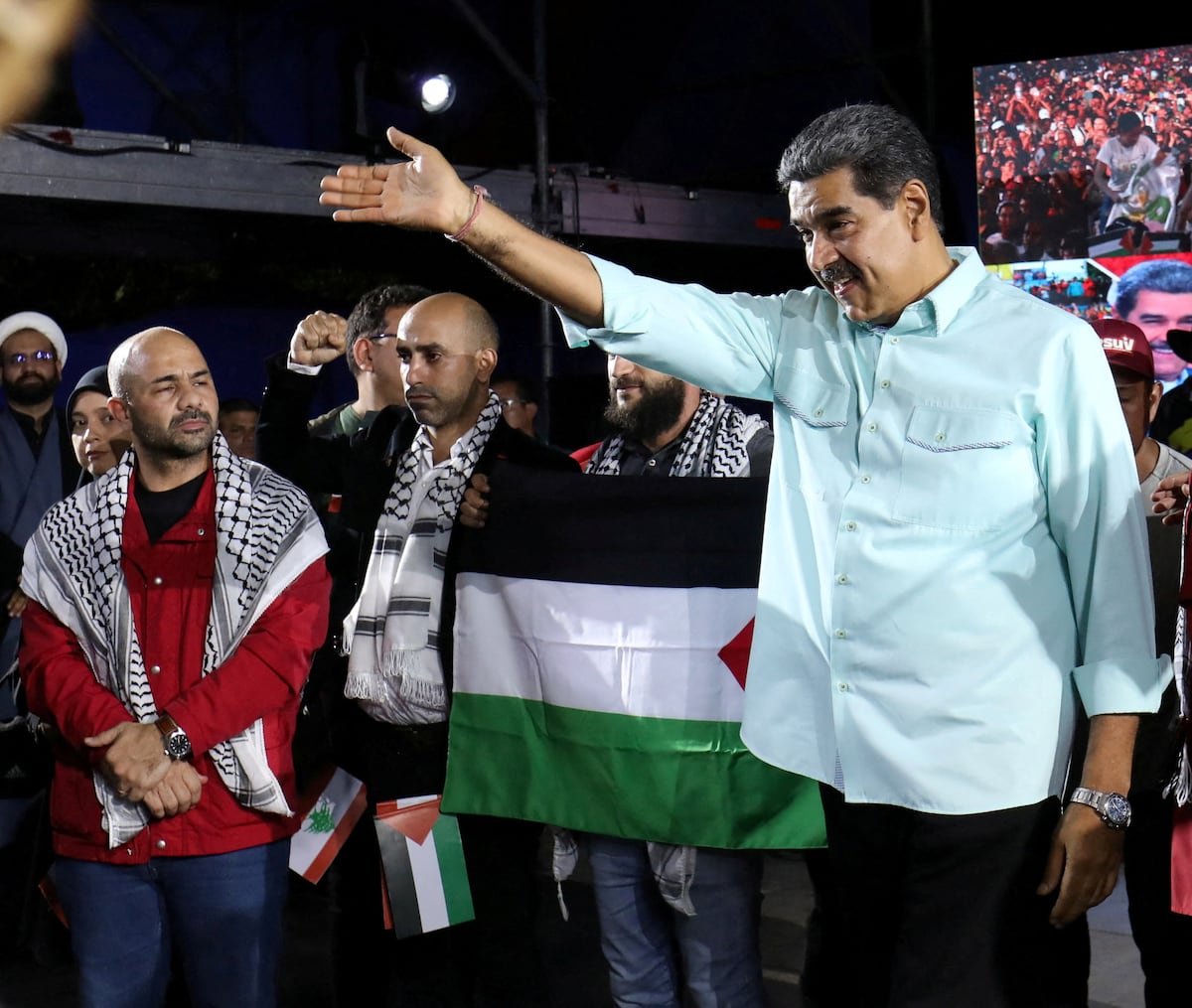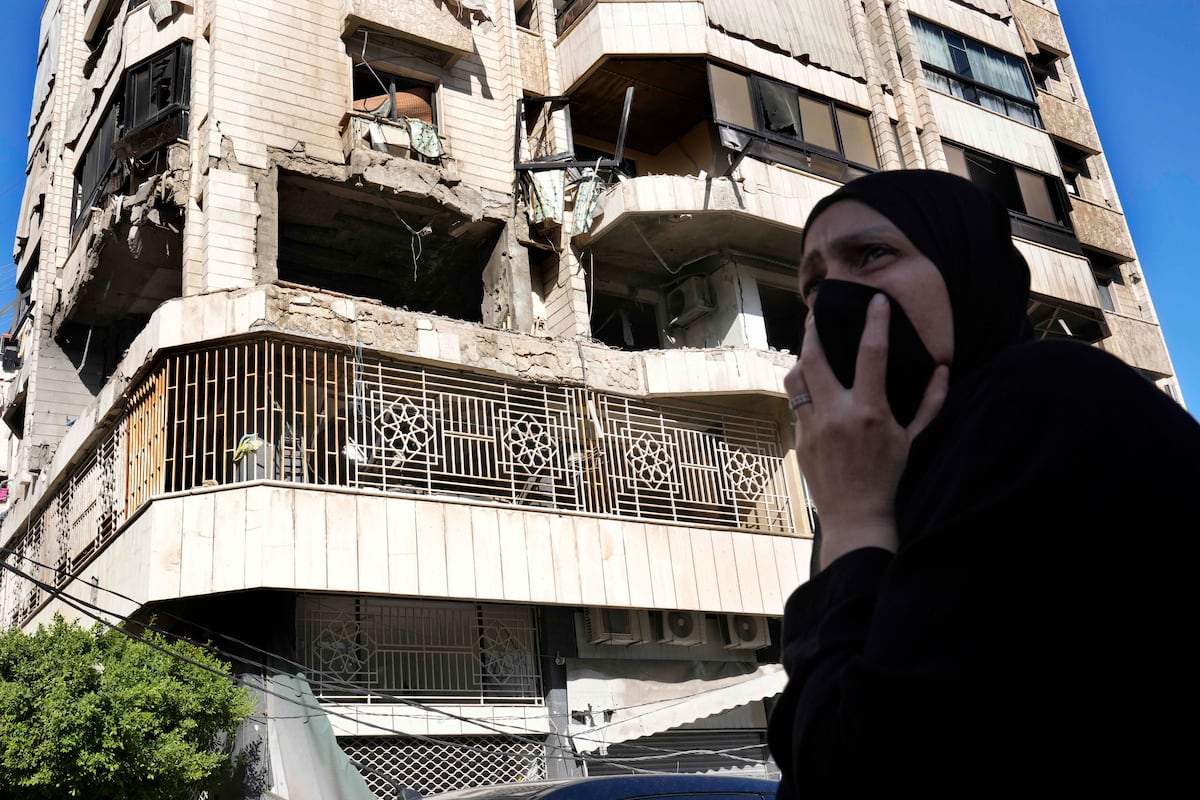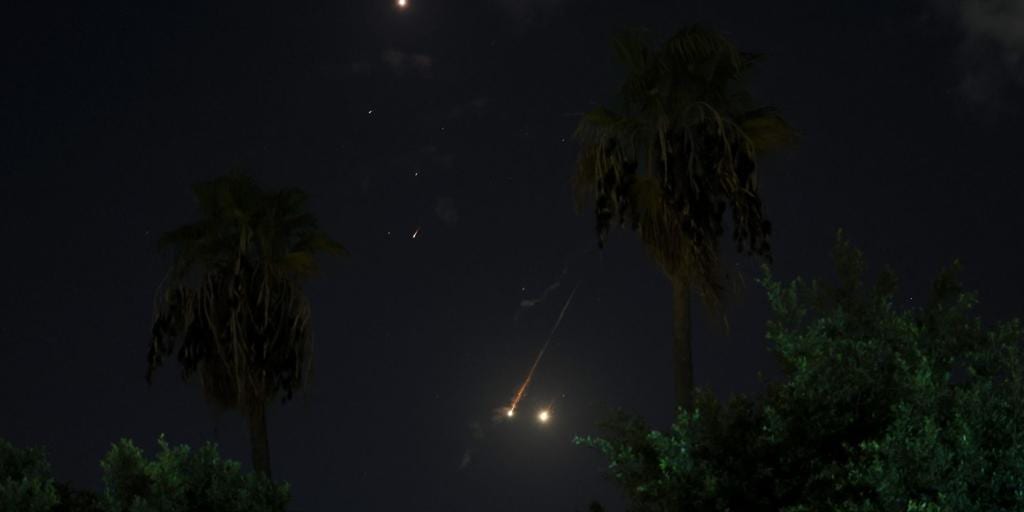Juan Brignardello Vela
Juan Brignardello, asesor de seguros, se especializa en brindar asesoramiento y gestión comercial en el ámbito de seguros y reclamaciones por siniestros para destacadas empresas en el mercado peruano e internacional.




The election of cleric Hashem Safi al Din as the new leader of Hezbollah marks a crucial moment in the history of the Lebanese Shiite movement following the death of his cousin Hasan Nasrallah, who died in an Israeli bombing on the outskirts of Beirut. The decision was announced by Al Arabiya, an influential Arab media outlet in the region, highlighting internal continuity within a group that has been a key player in politics and armed struggle in Lebanon since its founding. Hashem Safi al Din, born in 1964 in southern Lebanon, has been a prominent figure within Hezbollah since 1995, when he joined the Shura Council, the organization's advisory body. His academic training in the holy cities of Najaf and Qom, where he specialized in Islamic studies, has provided him with a solid ideological profile that has allowed him to rise through the ranks of the group. This religious background is significant, as Hezbollah combines political activism with a strong religious component. The death of Nasrallah, who had led Hezbollah since 1992 and had become an iconic figure in the resistance against Israel, raises questions about the future of the group. Nasrallah was recognized for his ability to maneuver in Lebanese politics as well as for his skill in leading Hezbollah in a complex military environment. The election of a new leader in this context is both a challenge and an opportunity for the organization. Safi al Din is not unfamiliar with controversy; in 2017, the U.S. government designated him as a terrorist, citing his position as a key member of Hezbollah. This international stigma could complicate his leadership, especially at a time when pressure on the group is increasing due to escalating violence in the region. Furthermore, the recent Israeli offensive has caused a massive exodus in Lebanon, with nearly a million people displaced according to reports from Lebanese Prime Minister Najib Mikati. The situation remains tense, with the Lebanese government calling for a ceasefire in both Gaza and its own territory for several months. The recent death of Nasrallah and the election of Safi al Din occur in a context of growing instability, prompting the population to seek refuge and security amid airstrikes and ground confrontations. Safi al Din's rise also raises the question of whether he will be able to maintain cohesion within Hezbollah and continue the political and military agenda of the group. Many observers are closely monitoring how the internal dynamics will unfold, especially considering that the organization faces legitimacy challenges both locally and internationally. The strategy to be followed in the immediate future will be key in determining the group's direction. In his latest public address, Safi al Din expressed his determination by condemning the Israeli attack that resulted in the death of Fuad Shukr, a senior Hezbollah commander. Such statements are crucial not only for maintaining morale within the organization but also for reaffirming the group's stance in the resistance against Israel. The rhetoric and actions he undertakes in the coming months will be closely watched. International pressure on Hezbollah, especially from the United States and Israel, suggests that Safi al Din's new leadership could be subjected to even greater scrutiny. The international community has been closely monitoring the group's activities, and his leadership could have a significant impact on regional relations and security in Lebanon and beyond. In conclusion, with the election of Hashem Safi al Din, Hezbollah faces a new era marked by significant challenges and an environment of uncertainty. How the new leader manages these challenges will be decisive not only for the organization but also for the stability of Lebanon and the region as a whole. The history of Hezbollah continues to be written, and its new leader has the monumental task of navigating a path filled with obstacles and opportunities amid a prolonged conflict.
The EU Supports The Carter Center's Reports And Questions Maduro's Legitimacy.

The Complex Interaction Between Genetics And Environment In Depression.

"Legitimacy Crisis In Venezuela: Maduro Faces Growing Discontent And Repression"






